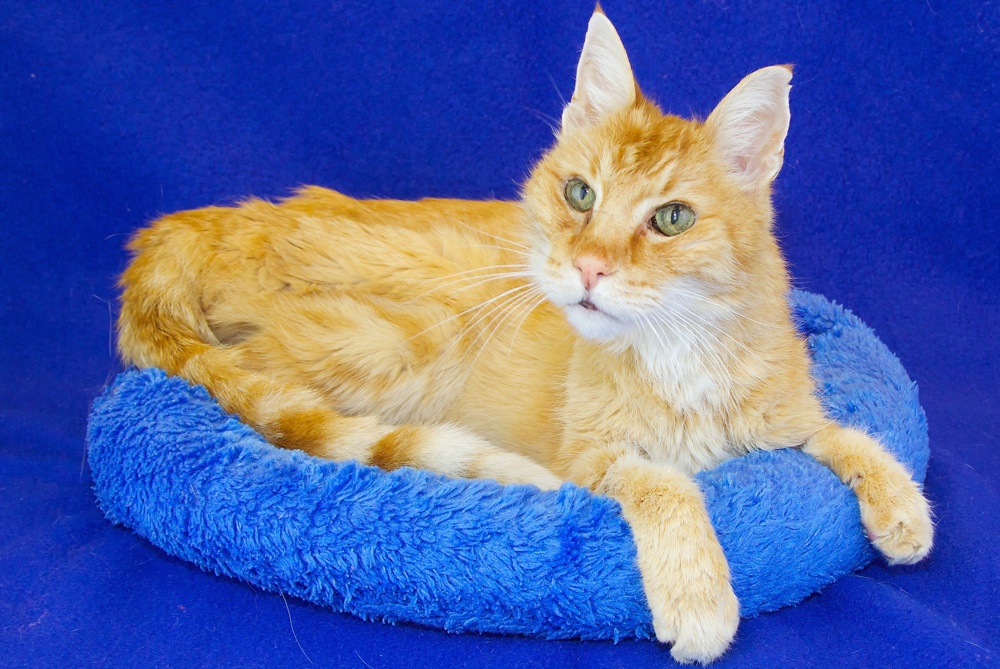
What is hyperthyroidism?
Hyperthyroidism is the condition that occurs in response to the persistent over production of thyroid hormones by the thyroid gland.When was hyperthyroidism recognized as a disease in cats?
Feline hyperthyroidism was first described as a spontaneous disease of the cat in 1979. Since then it has become the most common endocrine disorder of the cat.
What causes hyperthyroidism?
Hyperthyroid is almost always (99%) caused by 1 or more small, benign tumors called thyroid adenomas. These tumors produce excessive levels of thyroid hormones. The elevated circulating levels of the thyroid hormones thyroxine (T4) and triiodothyronine (T3) that come from these tumors increase the cat's metabolism, resulting in a truly multi-systemic disease. The accelerated metabolism is responsible for all of the symptoms that these cats demonstrate.
What are common symptoms demonstrated by hyperthyroid cats?
Symptoms of hyperthyroidism include:
- weight loss
- increased appetite
- increased drinking
- increased urination
- vomiting
- diarrhea
- poor coat quality
- nervousness
Is hyperthyroidism life limiting?
This persistently elevated metabolic rate that is caused by hyperthyroidism leads to persistent stress on the cat's heart. A frequently undiagnosed complication of hyperthyroidism, that may ultimately become life limiting, is thyrotoxic cardiomyopathy. While thyrotoxic cardiomyopathy is common and may be life limiting, it is usually reversible. When hyperthyroidism is permanently resolved the heart muscle recovers from the changes induced by the persistently elevated thyroid hormone levels.What are the treatment options for hyperthyroidism in cats?
The therapy for hyperthyroidism is directed at controlling the excessive production of thyroid hormones. Four options for therapy are available:
- antithyroid drugs (e.g., methimazole)
- iodine deficient diets (i.e., Hills prescription diet y/d)
- surgery (thyroid lobectomy)
- radioactive iodine (131I)

